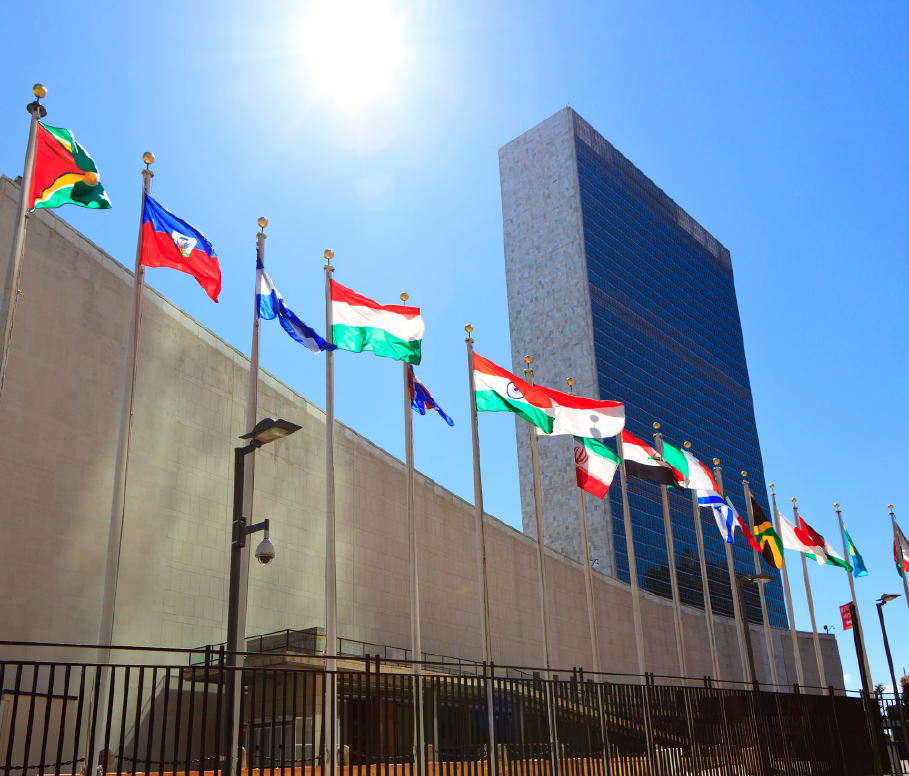The 79th Session of the United Nations General Assembly (UNGA) recently brought together global leaders from Member States, international organizations, NGOs and other accredited entities to explore solutions to global challenges. The urgent need for collaboration to tackle the world’s most critical challenges, including antimicrobial resistance (AMR), was central to this year’s discussions.
At UNGA, global leaders highlighted the need for continued collaboration and innovation to address AMR:
- U.S. Department of Health and Human Services (HHS) Secretary Xavier Becerra emphasized during the High-level Meeting on Antimicrobial Resistance, "No single country, organization, or sector can solve AMR. We must do this together. Everyone must do more… Conventional efforts to identify and develop new antibiotics are too slow, so we must also move more quickly to innovate and improve tools to mitigate future potential dangers."
- European Commissioner for Health and Food Safety, Stella Kyriakides, echoed these sentiments, underscoring the importance of aligning global research efforts. She stated: "We need to strengthen research and development by fostering multisectoral and international collaboration. Aligning global research efforts and resources is crucial. With regard to innovation, both push and pull incentives should allow us to find the breakthrough antimicrobials we urgently need, realizing the full potential of voluntary technology transfers based on mutually agreed terms—fully aligned with international intellectual property rules and law.”
- Dr. Theresa Tam, Canada’s Chief Public Health Officer, put this into perspective by highlighting the urgency of addressing multidrug-resistant tuberculous (MDR-TB). She recognized that, “to end TB as a threat globally, we must collectively strengthen our efforts of detecting and treating TB cases and increasing resources to counter MDR-TB.”
- This collective push towards innovation and coordinated action is shared by organizations like Gavi, which noted that global health threats transcend borders and require a unified response through “country collaboration.” Gavi’s success in delivering vaccines to over a billion children in 20 years is a testament to the power of sustained cooperation across nations, international organizations and private-sector partners.
UNGA continues to serve as a critical platform for nations to align on a path forward to solve international challenges. Strong intellectual property (IP) protections, which drive collaboration and incentivize innovation, are central to the world’s ability to solve global challenges. Tackling complex issues, like AMR, demands robust international cooperation and shared innovation. World leaders must recognize the critical importance of IP in enabling the investments needed for developing technologies that can address global health threats before they become insurmountable.
World leaders must recognize the critical importance of IP in enabling the investments needed for developing technologies that can address global health threats before they become insurmountable.


